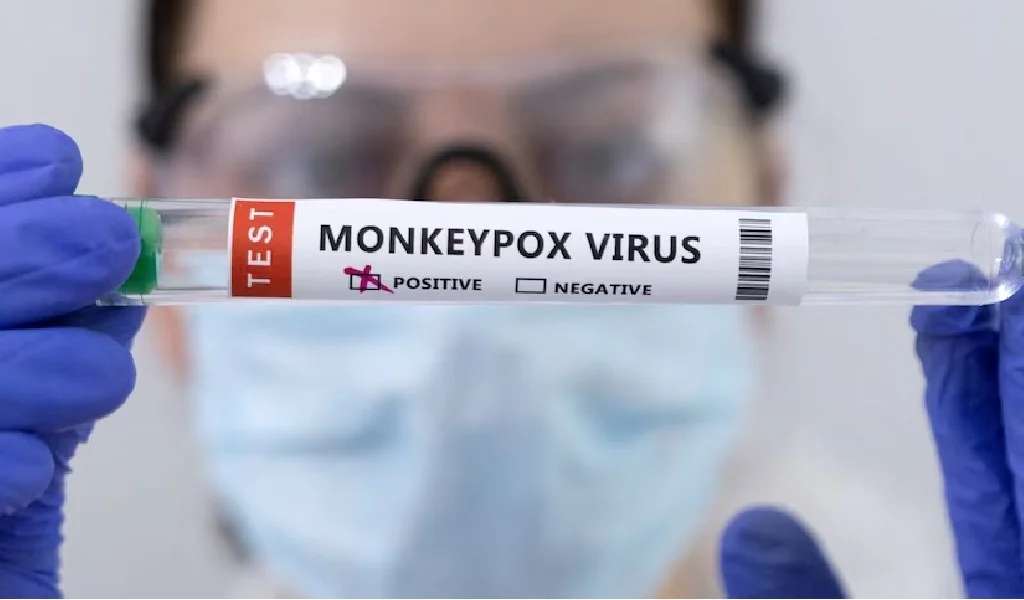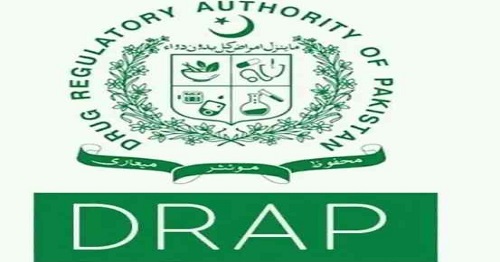Why Peshawar only airport detecting Mpox cases? TWG questions surveillance gaps
M. Waqar Bhatti
The Technical Working Group (TWG) on Mpox has raised serious concerns about the inadequate performance of Pakistan’s Border Health Services (BHS) in detecting Mpox cases at major airports, questioning why all four confirmed cases were identified only at Peshawar International Airport.
Despite the majority of flights from two Mpox-affected Arab nations landing at Karachi, Lahore, and Islamabad airports, no cases have been detected at these busier locations, where 80% of passengers from these countries typically disembark, members of the TWG further questioned.
A TWG member, speaking to The News, criticized the inconsistency, highlighting the need for enhanced surveillance at Karachi, Lahore, and Islamabad airports to ensure suspected cases do not slip through undetected.
The TWG, chaired by Federal Director General of Health Shabana Saleem, was formed after the World Health Organization (WHO) declared Mpox a Public Health Emergency of International Concern. Comprising officials from the National Institute of Health (NIH) Islamabad, the Drug Regulatory Authority of Pakistan (DRAP), and other key public health bodies, the group is tasked with evaluating and improving Mpox detection and prevention efforts.
During the meeting, BHS officials came under heavy criticism for their inability to identify Mpox cases beyond Peshawar, despite the ongoing local transmission of the virus in countries from which passengers are arriving.
BHS was urged to increase its trained workforce and strengthen surveillance efforts at Karachi, Islamabad, and Lahore airports to catch potentially infected travelers before they enter the general population.
The group was informed that four Mpox cases have been detected in Pakistan so far, all of which involved passengers arriving from two Arab nations. Although Mpox has also been reported in neighboring countries such as India and Bangladesh, no new cases have emerged in India since March 2024.
The TWG also deliberated on the acquisition of the Mpox vaccine to protect frontline workers at airports. However, some experts expressed reservations about procuring the vaccine, as it has not yet received Emergency Use Authorization (EUA) from any credible international body. Additionally, the antiviral drug “Tecovirimat,” which is being explored as a potential treatment for Mpox, is still in experimental stages, and its efficacy and safety remain uncertain.
Health authorities estimate that Pakistan would require at least 1,000 doses of the Mpox vaccine to cover frontline workers, including healthcare staff in intensive care units (ICUs) who may be exposed to confirmed Mpox cases.
The meeting was informed that health ministry has also sought guidance from the Ministry of Foreign Affairs regarding the issuance of a public advisory on Mpox, especially for travelers from countries where the virus is actively circulating. So far, all four Mpox cases detected in Pakistan have come from Arab nations with ongoing local transmission of the virus.
The health ministry is currently drafting the advisory and plans to issue it once they receive formal recommendations from the Ministry of Foreign Affairs, TWG was further informed.
As of August 2024, the World Health Organization (WHO) re-declared Mpox a Public Health Emergency of International Concern following an upsurge of cases in the Democratic Republic of the Congo (DRC).
This new clade of the virus has sparked concern due to its rapid spread in Africa and potential risk of transmission beyond the continent although no case of new clade has yet been detected in Pakistan. While global cases saw a decline in early 2023, experts have urged sustained vigilance, especially in countries with low surveillance capabilities like Pakistan, officials said.








